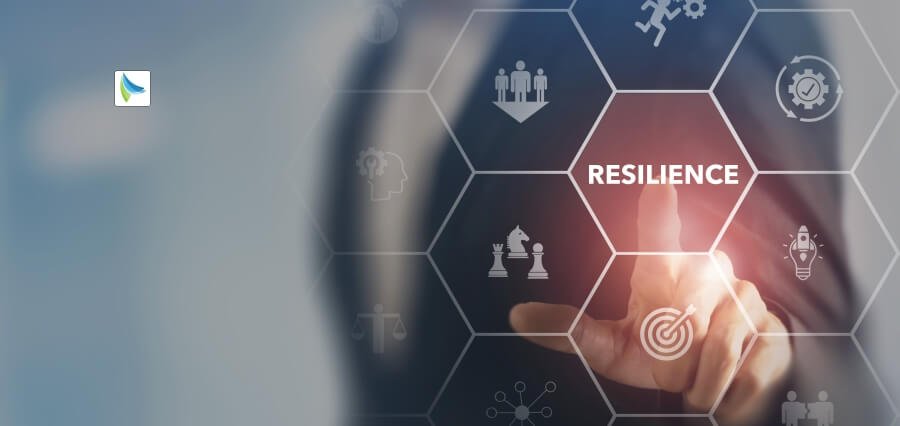Bold Decisions, Lasting Impact
Modern leadership is not about titles, hierarchy, or form. It’s about making bold decisions with far-reaching implications. The challenges facing modern leadership are formidable — economic uncertainty, increased technological disruption, evolving workforce expectations, and global interconnectedness. Greatness is cast in such a situation through courage, clarity, and conviction. Great leaders are not reactive or passive; they are proactive change creators that marry vision and decisiveness to drive organizations — and individuals — forward.
The Courage to Act
The key to outstanding leadership is the courage to act in the uncertainty of decision-making. Daring decision-making is most often not an issue of risk for risk’s sake but of determination born of purpose and vision. Outstanding leaders understand that indecision may cost more than defeat and that progress ahead often depends upon acting when outcomes are ambiguous.
This decision-making is rooted in knowing self and fact-based decision-making. Through balancing analysis with intuition, visionary leaders make decisions without getting lost in uncertainty. They recognize that no decision can ever be made on a basis of perfect information — but purposeful action, initiated by decisiveness, gains momentum and confidence.
Vision as the Guiding Force
Bold action is strongest when it is rooted in a concise but effective vision. Vision gives purpose to courage, and risk becomes intelligent action towards worthwhile objectives. Great leaders do not just notice what stands in their way; they look further down the road, positioning their businesses to succeed there.
It’s this vision-for-the-future thinking that enables them to invest in innovation, experiment with new, unexploited potentialities, and reimagine what success is. Whether it’s embracing new technologies, reinventing organizational culture, or embarking on sustainability and inclusion, visionary leaders decide for long-term purpose, not short-term gain.
Leading Through Uncertainty
Uncertainty is inevitable in the current world chaos. Economic change, technical innovation, and international crises continue to redefine the operating environment for leaders. Good leaders are not created by the manner in which they can stay calm, turn back, and make decisions of clarity amidst chaos.
Instead of going out of their way to avoid disruption, they lean in as a force of transformation. They create resilience among their people, a leaning to learning and adaptability instead of fear. They’re not necessarily doing this out of survival choices but a need to transform — making their organizations resilient not only to change but actually able to drive it.
Balancing Boldness with Empathy
Brave decisions are not about out-doing others; they are about accountability. Great leaders strike the balance between toughness and empathy, so their decisions inspire and don’t alienate. They take the people aspect of what they are doing into account, and in a moment of crisis, they are open and trust-building.
Compassionate leadership transforms violent behavior into missions for the whole team. By engaging teams in decision-making and taking their perspectives, leaders create alignment and commitment. Decisiveness with compassion moves obstacles into possibilities for collective development.
Accountability and Integrity
Great leadership is not just measured by what one decides but by taking responsibility for what one does as a result of that decision. Great leaders take responsibility for their decisions — both the wins and losses. They subscribe to the example that leadership is as much about character as it is about capability.
When the gambles don’t work out, they learn from their failures and get better. When they work out, they give credit to their communities and teams rather than taking credit for individual success. This humility with accountability builds trust and respect — the cornerstone of enduring leadership.
Empowering Others to Act
A strong indicator of great leadership is enabling others to act courageously. Courageous decision-making leaders create a culture of initiative and innovation within an organization. They charge teams with ideas, question assumptions, and make claims.
Through democratizing leadership and building psychological safety, they turn organizations into systems of creativity and growth. The outcome is not only a bigger company but a more engaged, motivated, and visionary team that can drive long-term effects long after the individual leaders have left.
The Ripple Effect of Leadership
Courageous choices have spillover effects that go beyond firms. They affect industries, economies, and societies. Ethical managers recognize this interconnectedness and make choices that reflect a broader picture of responsibility — encouraging development without sacrificing moral, environmental, and social interests.
Leadership in this context is not just measured in terms of financial achievement but by the creation of a legacy of positive impact. The best leaders are those whose actions continue to impact years after the period when they were implemented.
During a period of transition and maturity, it takes more than strategic excellence to guide — it takes vision, courage, and compassion. The best leaders today are those who lead with character, act with purpose and boldness, and motivate others to do the same.
Their legacy is not that they avoided risk, but that they embraced it with sensitivity and responsibility. By converting uncertainty into possibility and vision into reality, they redefine leadership in the next century — showing that real greatness is not in the power to take, but in the courage to lead and wisdom to create lasting change.














